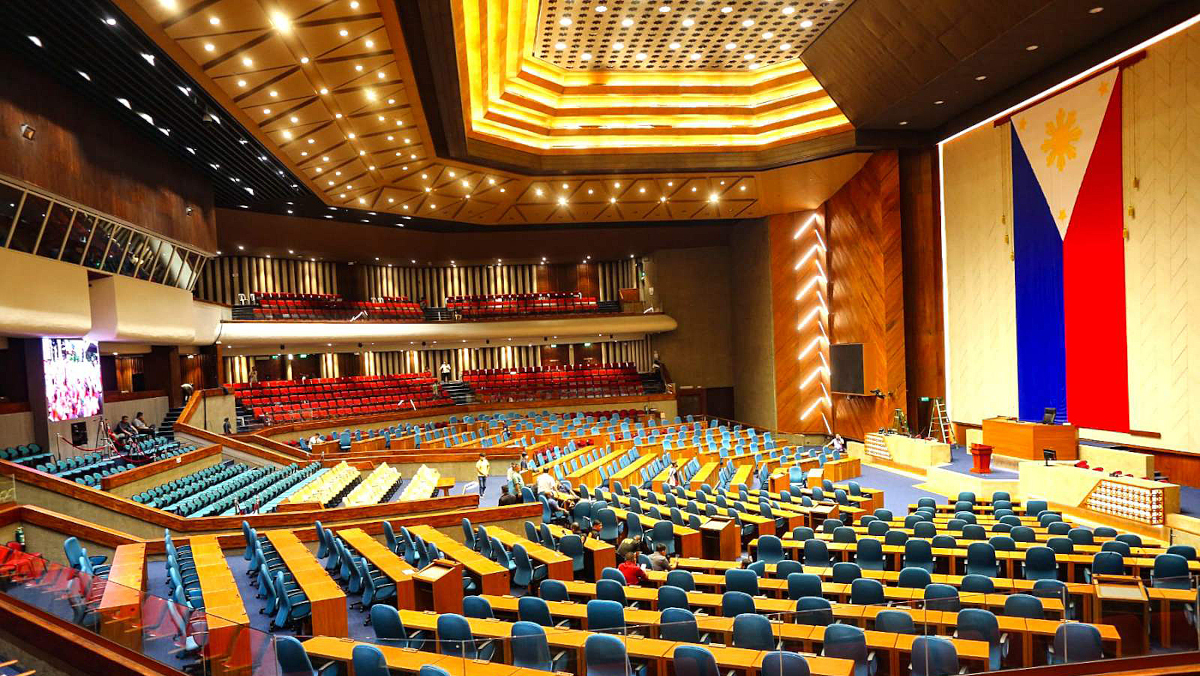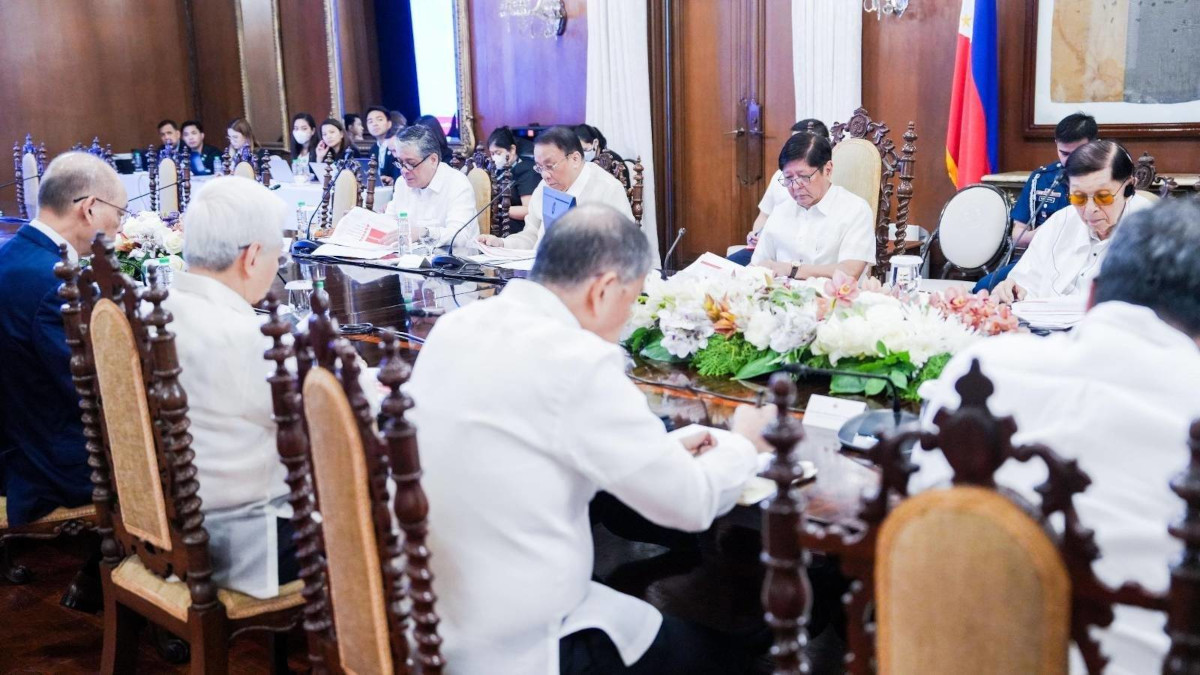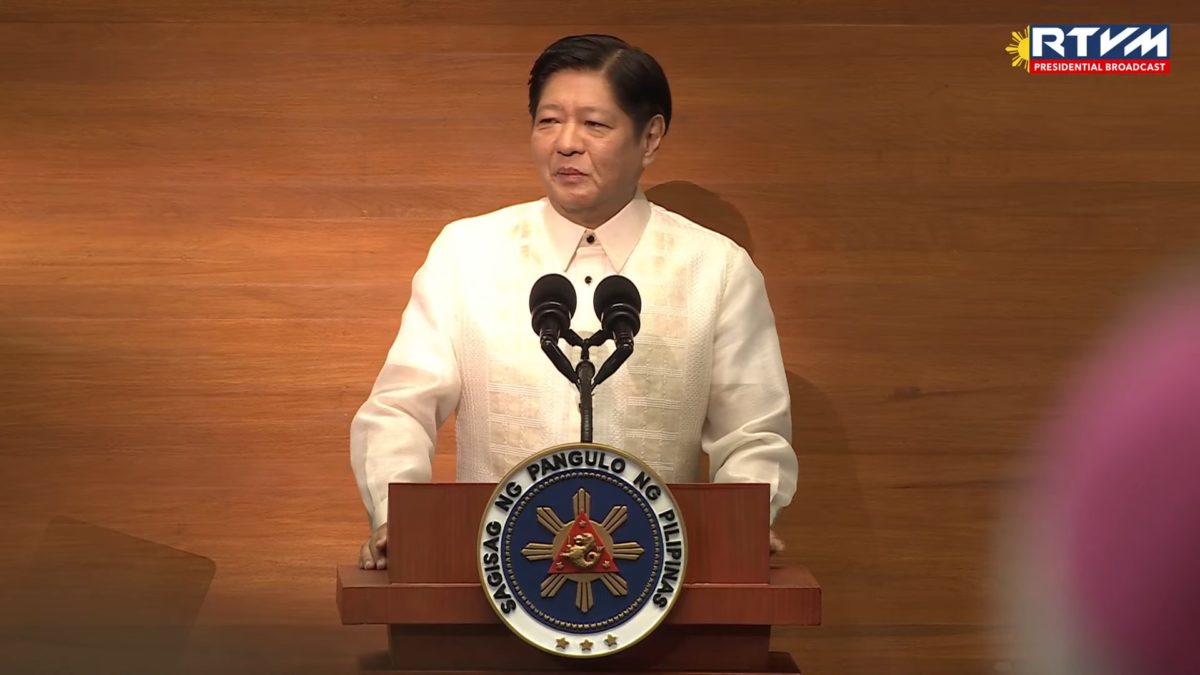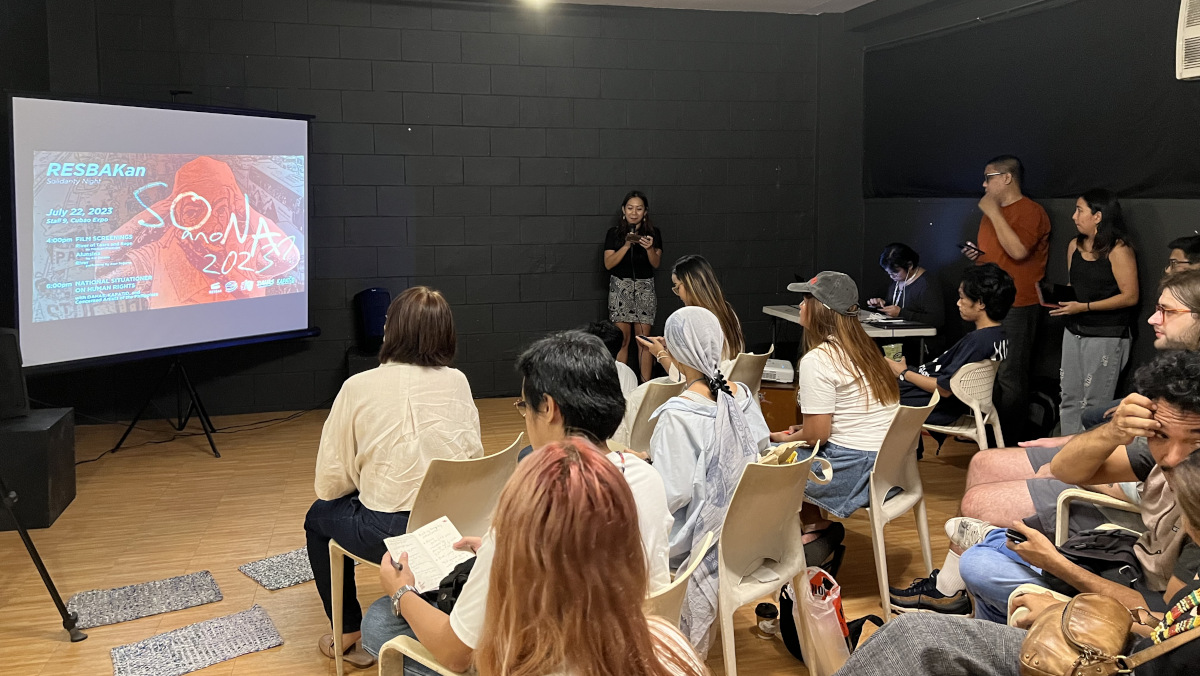Even with overwhelming support from the “supermajority” blocs in the Senate and the House of Representatives, President Ferdinand Marcos Jr. succeeded in getting Congress to pass only one out of the more than 20 priority bills that he mentioned in last year’s State of the Nation Address (SONA).
This was Republic Act (RA) 11953, which condones more than P58 billion worth of loans of 654, 000 agrarian reform beneficiaries. The new law writes off “all principal loans, unpaid amortization and interests, and exempting payment of estate tax” on 1.18 million hectares of agricultural lands awarded under the Comprehensive Agrarian Reform Program (CARP).
Although the measure was not on the list of 19 bills that Marcos enumerated toward the end of his 2022 SONA, he mentioned it in the earlier part of his speech. It is another phase of the ambitious land reform program that his father and namesake, Ferdinand E. Marcos Sr., started through Presidential Decree (PD) 27, known as the “Tenant Emancipation Decree,” issued shortly after the declaration of martial law in 1972.
It includes lands distributed under RA 6657, or the CARP Law of 1988, and RA 9700, which extends the acquisition and distribution of agricultural lands under the CARP of the late president Corazon Aquino.
Way ahead of this, Marcos signed in September 2022 Executive Order No. 4, declaring a one-year moratorium on payments on the annual amortization and the 6 % interest under PD 27, or “Operation Land Transfer,” as well as the principal value of the 30-year land amortization under Section 26 of RA 6657.
In his last SONA, Marcos said, “A moratorium will give the farmers the ability to channel their resources into developing their farms, maximizing their capacity to produce, and propel the growth of our economy.”
The president signed four other measures passed by Congress: the Maharlika Investment Fund (RA 11954), the Armed Forces of the Philippines (AFP) attrition law (RA 11939), Subscriber Identity Module (SIM) registration (RA 11934), and the postponement of the Oct. 10, 2022 barangay and Sangguniang Kabataan elections (RA 11935). But none of these were mentioned in his SONA, although these were among the 42 “priority bills for passage by June 2, 2023” in the common legislative agenda of the Legislative-Executive Development Advisory Council (LEDAC).
Strangely, the 2023 General Appropriations Act was neither mentioned in the president’s SONA nor included in the LEDAC priority bills, apparently because the national government budget bill is a must-have legislation.
The GAA under RA 11936 provides a national budget of P5.27 trillion, including a whopping P9.28 billion in confidential and intelligence funds, of which P4.5 billion is for the Office of the President and P500 million for the Office of the Vice President.
Senate President Juan Miguel Zubiri said the Senate had created a special oversight committee for confidential and intelligence funds “to watch over said funds.” But how can we trust a legislature overwhelmingly controlled by the administration to do a credible check and balance on the use of funds not subject to regular auditing processes?
In adopting its new governance slogan, “Bagong Pilipinas,” the Marcos Jr. administration should adhere to the principles of transparency, integrity, accountability, responsiveness, and the absence of corruption and wrongdoing.
Being fully open with the people about how public monies, including confidential and intelligence funds, are spent would foster trust and respect in the administration.
The president’s second SONA should go beyond slogans and rhetoric. The “new culture of good governance” that the “Bagong Pilipinas” introduces should be more than about reviving the programs and projects that his father started. The SONA provides a good opportunity for the president to clearly explain his stand on corruption, which was absent in his previous address.
For its part, Congress can help transform the executive department’s obsession with slogans and logos into meaningful and productive endeavors by crafting legislation that will truly address the more pressing needs of the majority of the population.
Projects that will have significant effects on the public should be prioritized over changing logos and slogans. The allocations in the annual budget bill, for instance, should be scrutinized with a fine-tooth comb to give substance to the president’s pronouncements about judicious spending.
Apart from the budget bill, 37 other measures on LEDAC’s priority agenda are still pending in various stages of the legislative process, and the president is expected to identify more in his SONA today. It’s about time that Congress worked triple time on these pending measures so we could proudly say that the state of the nation is strong and stable.
The views in this column are those of the author and do not necessarily reflect the views of VERA Files.
This column also appeared in The Manila Times.





